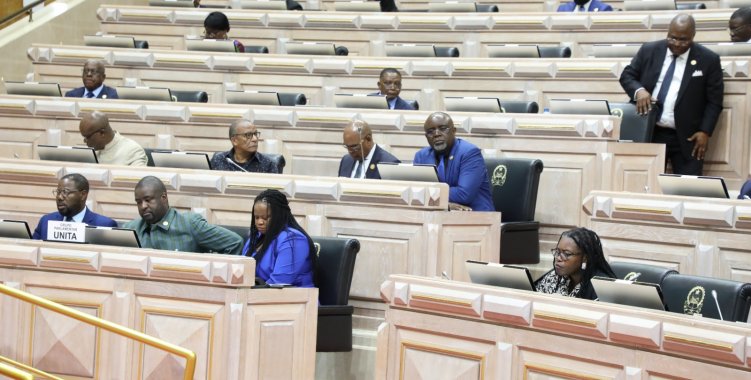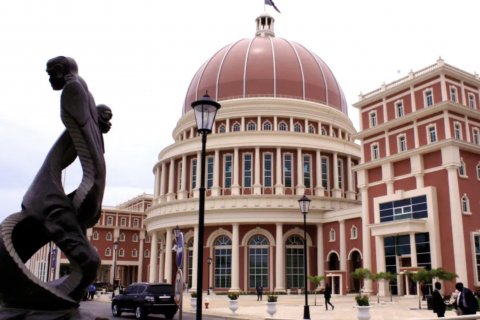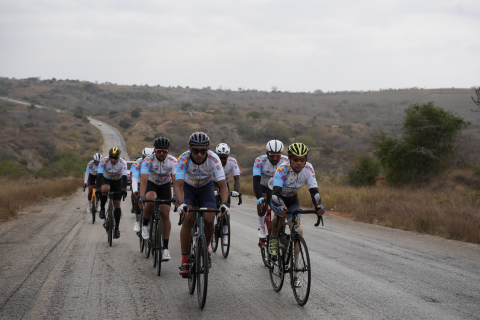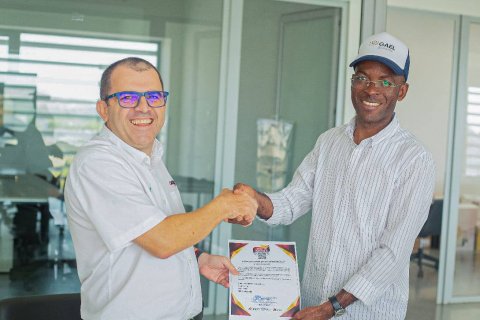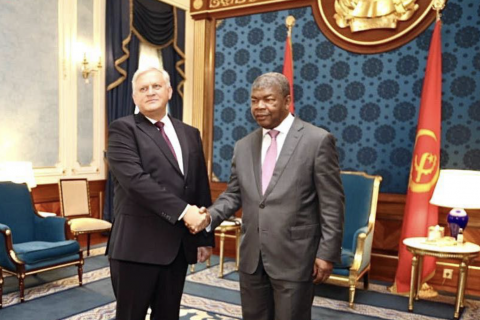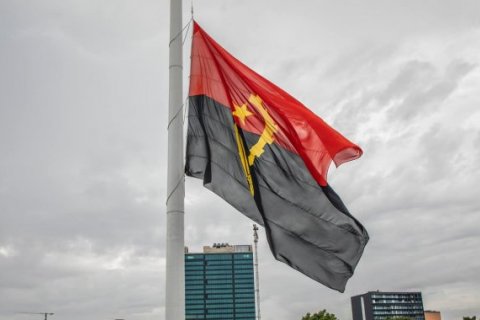The riots that took place between July 28th and 30th in Luanda and the interior of Angola – which resulted in at least 30 deaths, more than 200 injuries, and 1500 arrests – following the taxi drivers' strike, were debated in parliament this Wednesday, at the proposal of the MPLA and UNITA parliamentary groups.
Earlier, the National Assembly observed a minute of silence in memory of the victims, at the request of the president, Carolina Cerqueira.
During the debate, the first vice-president of the parliamentary group of the Popular Movement for the Liberation of Angola (MPLA) lamented the "tragic episodes" of late July, saying that each death represents an irreparable loss for the families.
"No Angolan should see their existence interrupted by acts of violence that build nothing, but destroy everything (...). We are here not only to debate, but to reaffirm with clarity and conviction that Angola will not accept violence and disorder as instruments of change," said Virgílio Tyova.
"Our path will always be one of dialogue, the rule of law, and respect for life. It is, therefore, fair and imperative to recognize and praise the role of the security forces, particularly the national police," he noted.
For Virgílio Tchova, Angola has built a constitutional order with great sacrifice that gives everyone a voice, and he noted that those who want to protest "have channels to do so." "Those who resort to violence pit brothers against brothers and tear the fabric of our coexistence," he added.
Álvaro Chikwamanga, a member of parliament for the National Union for the Total Independence of Angola (UNITA), considered that the events resulted from "several critical factors," namely the systematic violation of the Constitution, "poor service provided by public media, failures in state security, and hunger and poverty."
He also listed the population exodus to large cities, the "delayed reaction" of President João Lourenço, and the superficial analysis of the real factors of political and social instability in the country as other factors that fueled the protests.
"The President of the Republic's delayed reaction, failing to speak out in a timely manner regarding the gravity of the uprising, seemed indifferent to the incident and encouraged the police to shoot defenseless civilians at point-blank range," he said.
Representing the Social Renewal Party (PRS), Representative Benedito Daniel condemned the incidents, noting that his party is not against the strike, but that this right must be exercised according to the law.
"There was a lack of dialogue between the government and the taxi drivers' associations; the strike turned into a social upheaval (...). The problems of hunger must be solved peacefully, through dialogue and closeness," he argued.
Representative Florbela Malaquias, president of the Humanist Party of Angola (PHA), called on those "inciting violence" to refrain from manipulating legitimate popular discontent for purposes unrelated to the national interest. "Fabricated agitation and incitement to confrontation (...) do not build democracy, they destroy lives, property, and social trust," he stated, urging the police to respect the "principles of legality, necessity, proportionality, and humanity."
UNITA deputy Abel Sapinãla accused the President of being "to blame" for the acts of vandalism, considering that he "has failed miserably in his governance." "If there is anyone to blame for the situation (...) it is the President, João Lourenço; there is no point in lying," he stated.
MPLA deputy Elizandra Gourgel said that the events "do not represent" what young people want for the country: "We want an Angola that keeps the guns silent, with political and social stability and economically developed."

